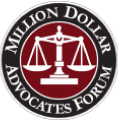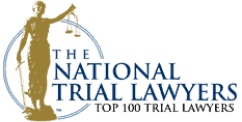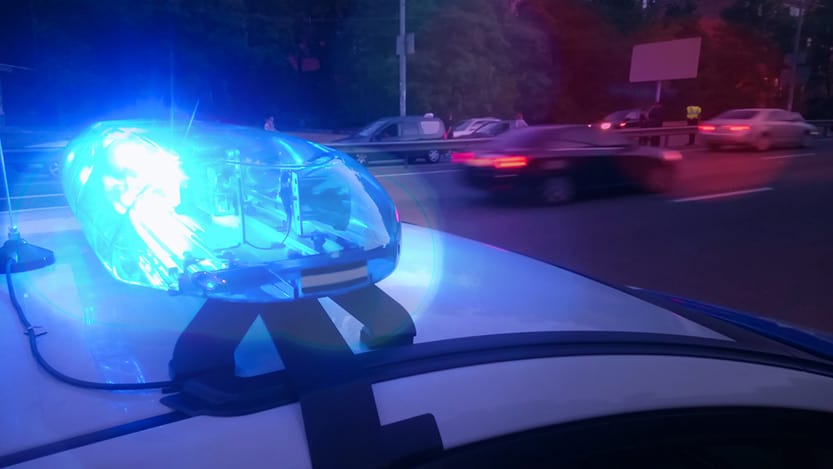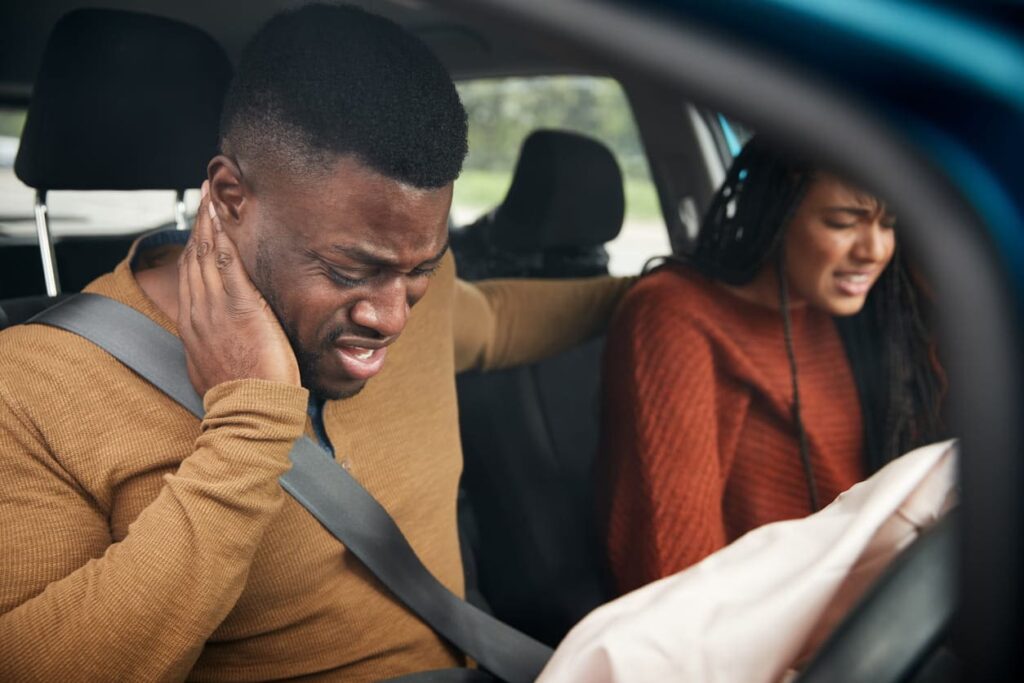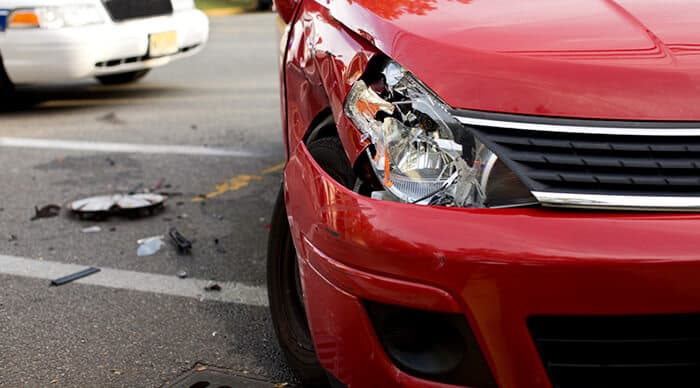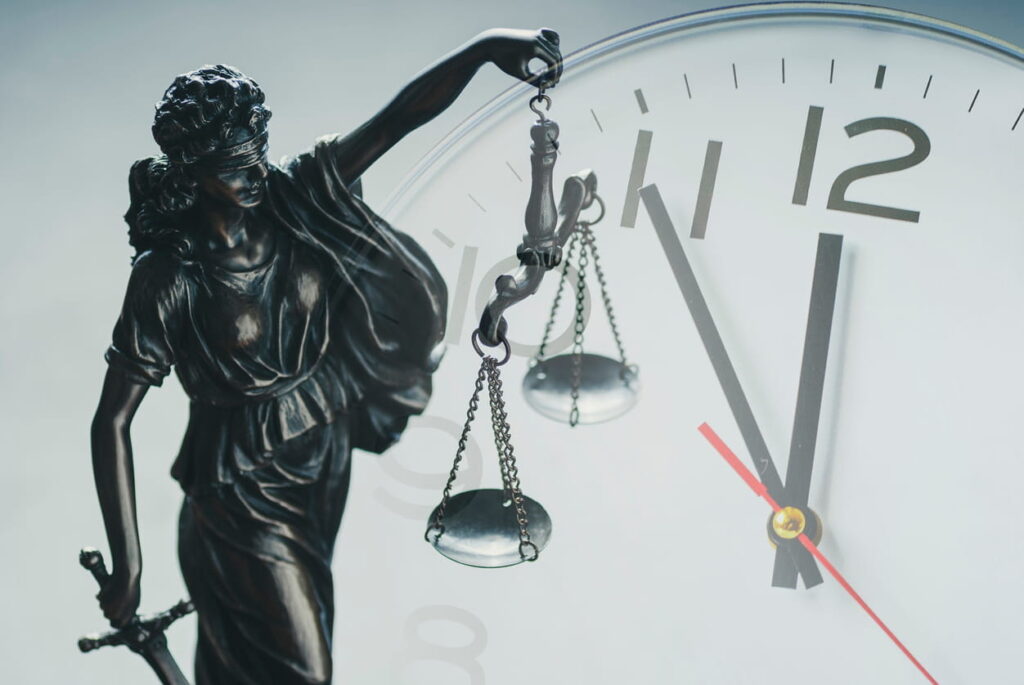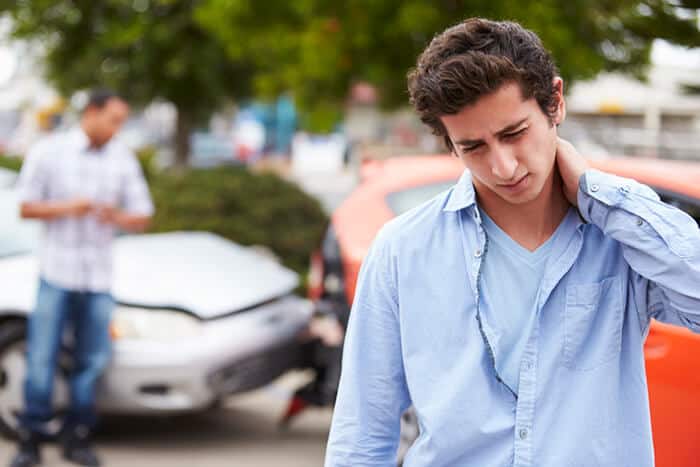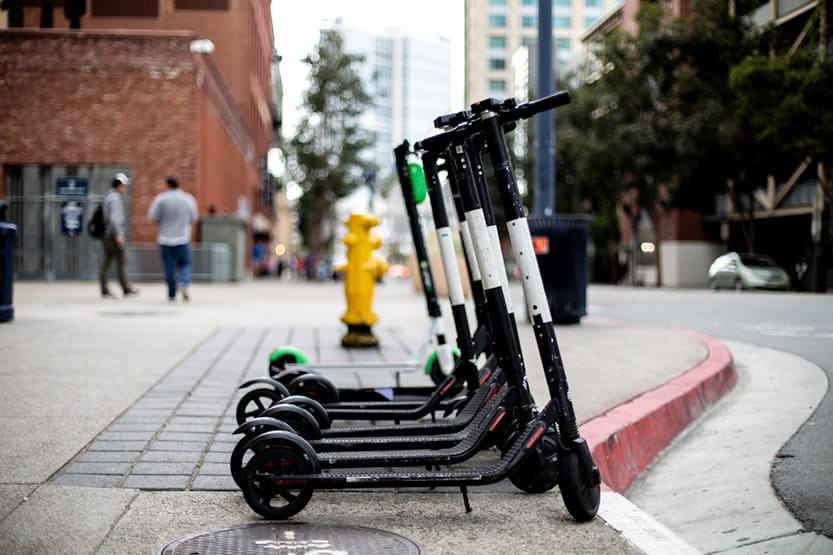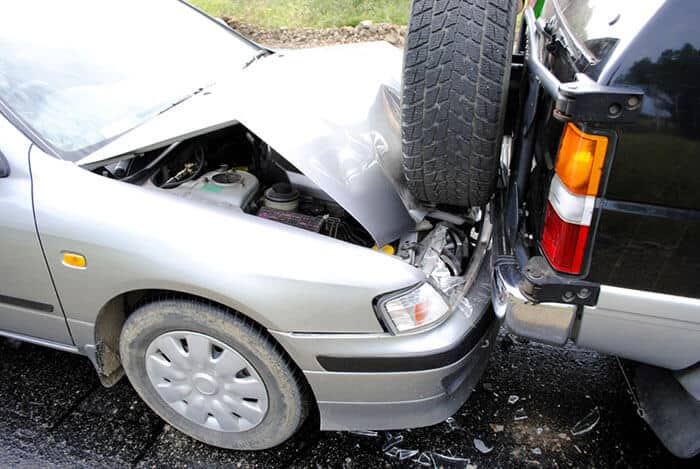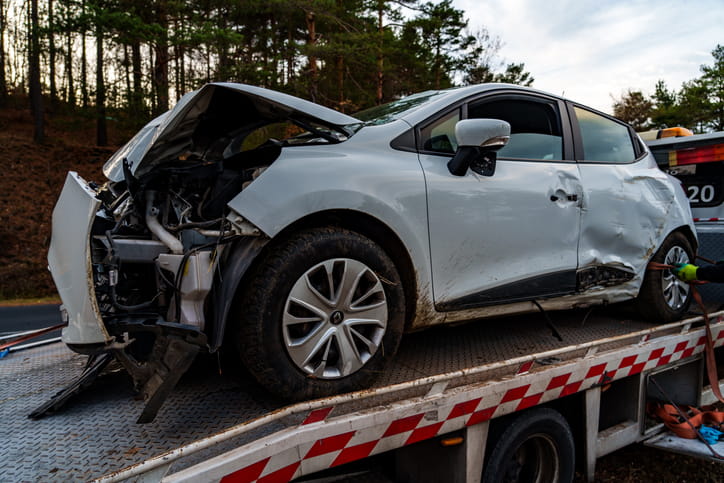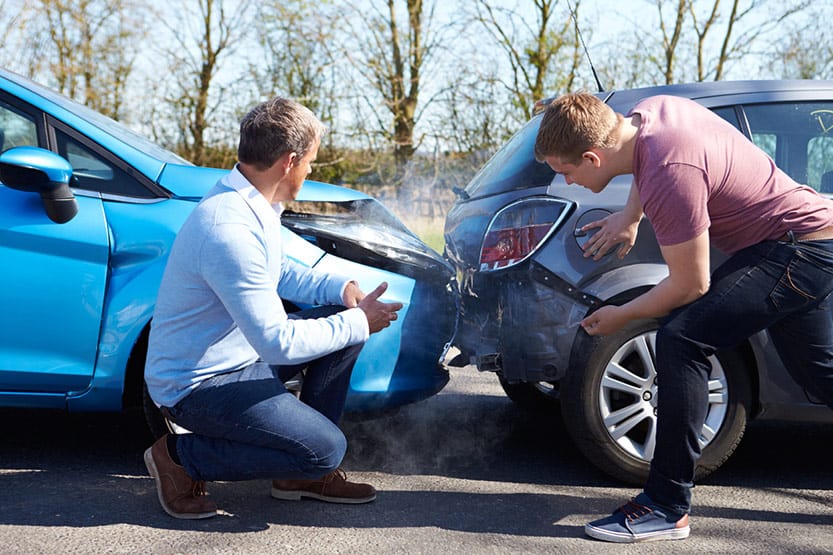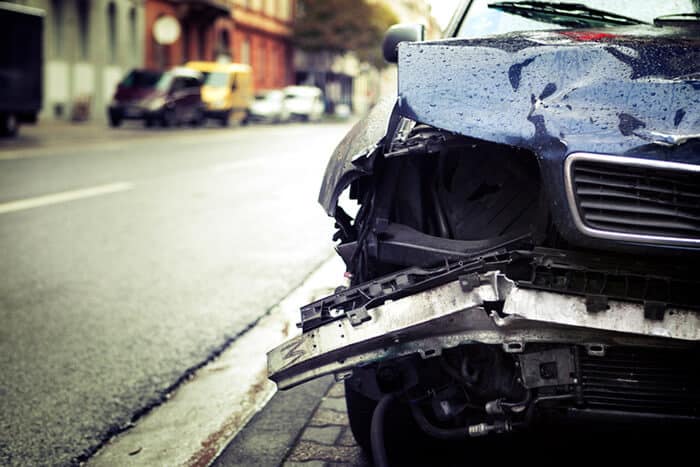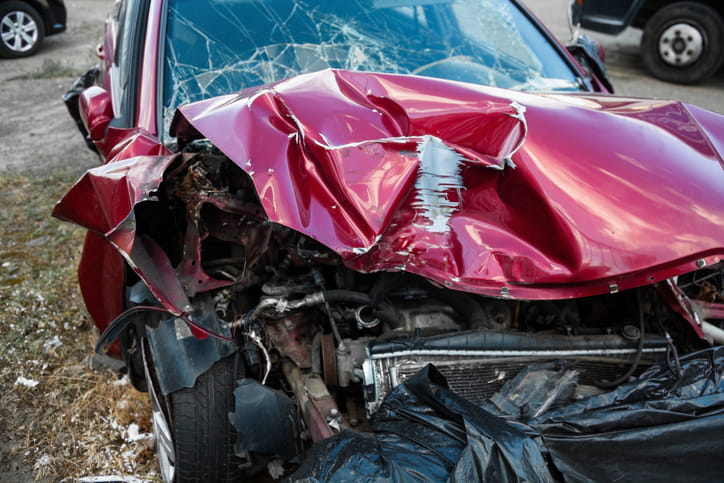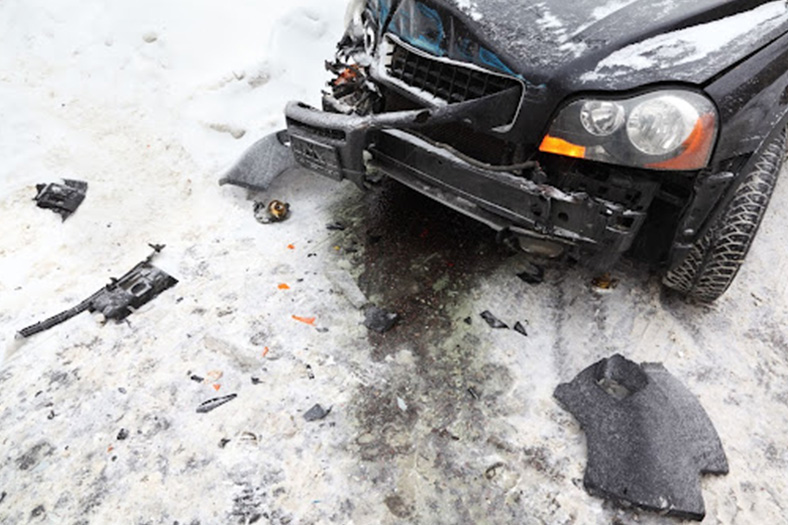LGBTQ+ Sexual Assault Survivors
Being the target of a sexual assault because of your sexual orientation or gender identity can bring with it unimaginable trauma, pain and suffering. At Bachus & Schanker, we are stout advocates for sexual assault victims in the LGBTQ community and take seriously the duty of representing victims and those who are at their most vulnerable.
Bachus & Schanker Wins – Over $1 Billion Recovered
- How Common Is LGBTQ Community Sexual Assault?
- Why Does LGBTQ Sexual Assault Happen?
- What Are The Long-term Effects Of LGBTQ+ Sexual Assault?
- What Should I Do If I Am A Victim Of LGBTQ+ Sexual Assault?
- Why LGBTQ+ Sexual Assault Survivors Should File A Lawsuit
- What Damages May Be Available In An LGBTQ+ Sexual Assault Lawsuit?
- What Damages May Be Available In An LGBTQ+ Sexual Assault Lawsuit In Colorado?
- Resources Available To LGBTQ+ Sexual Assault Survivors
- The Expert Sexual Assault Lawyers At Bachus & Schanker Are Here For You
- Visit Our Office Locations Across Colorado & Beyond
- Related Sexual Assault Resources
If you are a member of the LGBTQ+ community and have been the unfortunate victim of a sexual assault, our law firm is here for you. We are so sorry you are going through this, and we have victim advocates that will be with you every step of the way. Our legal team of experienced lawyers for victims of sexual assault is committed to helping you hold your abuser accountable for their actions and responsible for the pain and suffering, medical treatment, and other mental health services you have received following your assault.
How Common Is LGBTQ Community Sexual Assault?
Sexual assault among individuals who identify as LGBTQ is alarmingly high and has spurred what some call a national public health crisis. According to recent data from the Centers for Disease Control and Prevention (CDC), individuals within the LGBTQ community face higher rates of sexual violence than straight people.
The UCLA School of Law, Williams Institute explains that “LGBT people are nearly four times more likely than non-LGBT people to experience violent victimization, including rape, sexual assault, and aggravated or simple assault.”
The CDC’s National Intimate Partner and Sexual Violence Survey highlights this alarming disparity with data that shows 44% of lesbians and 61% of bisexual women are more likely to encounter sexual violence or sexual abuse compared to 35% of straight women. These rates are just as alarming for gay men and bisexual men as they are 26% and 37%, respectively, more likely to experience sexual assault or sexual violence as compared to 29% of straight men.
It’s also important to note that individuals within the LGBTQ community who identify as trans or bisexual are among those to sadly face the highest rates of sexual assault. According to the 2015 U.S. Transgender Survey, 47% of trans people are sexually assaulted at least once in their life. American Indians face the highest rate at 65%, while Middle Eastern individuals and Black individuals account for 59% and 53% of victims, respectively.
Why Does LGBTQ Sexual Assault Happen?
Often, perpetrators go after victims who are vulnerable or are in a vulnerable state. Unfortunately, this often means women and children are victims of sexual abuse and child sex abuse. As a member of the LGBTQ community, you may have fallen under this umbrella of vulnerability at one point or another. You may have also encountered the heartbreaking reality of facing higher poverty rates, marginalization, and stigma. Like many victims, this may put you at greater risk of experiencing sexual assault in your life as well.
Members of the LGBTQ community are also subjected to higher rates of hate crimes. Often, these hate crimes lead to violence, including sexual assault. If you have ever been the victim of a sexual assault that transpired because of a hate crime, please know it wasn’t your fault, and you are not to blame. We’re so sorry it has happened to you, and you are not alone in this. It’s important to report your experience to prevent your perpetrator from attacking anyone else and, more importantly, to get the justice you deserve.
What Are The Long-term Effects Of LGBTQ+ Sexual Assault?
As with many victims of LGBTQ+ sexual assault, you may be battling long-term effects associated with your assault. It is important to remember that you are not alone and that seeking support is the best way to overcome these challenges.
The long-term effects of LGBTQ+ sexual assault can vary from person to person, but they can include physical, emotional, and psychological consequences that can last a lifetime. If you are experiencing any of the following long-term effects of your sexual assault, it is important to seek help and support right away.
- Post-Traumatic Stress Disorder (PTSD) – Individuals who have experienced LGBTQ+ sexual assault may develop PTSD, which can include symptoms such as nightmares, flashbacks, anxiety, and avoidance of triggering situations.
- Depression and anxiety- Victims may be more likely to experience depression and anxiety than those who have not been sexually assaulted. These mental health issues can significantly impact your daily life.
- Substance abuse – LGBTQ sexual assault survivors may be more likely to turn to drugs or alcohol to cope with the trauma they have experienced.
- Sexual dysfunction – Like many victims, you may struggle with sexual intimacy and other issues, including low libido, pain during intercourse, or difficulty experiencing sexual pleasure.
- Trust and relationship issues – As a survivor, you may have difficulty trusting others, particularly romantic partners. You might also be navigating feelings of shame or guilt related to your assault. Please remember it is not your fault this happened to you. Your abuser is to blame.
- Suicidal ideation – LGBTQ+ individuals who have experienced sexual assault may be at a higher risk for suicidal ideation and suicide attempts. If you are experiencing suicidal thoughts, it is crucial to reach out to someone for support, speak with someone you love, or reach out to the National Suicide Prevention Lifeline at 988 or 1-800-273-TALK (8255).
What Should I Do If I Am A Victim Of LGBTQ+ Sexual Assault?
If you have been victimized and experienced a sexual assault, you are not to blame. Like many victims, fear, shame, or feelings of guilt may stop you from speaking up and speaking out against your abuser. Despite these feelings, it is important to remember that you are not at fault for your sexual assault, and no matter your sexual orientation or gender identity, you are not to blame.
Following a sexual assault, it’s essential to take certain steps in order to hold your abuser accountable and to seek out the legal justice you deserve. Consider the following if you have endured a sexual assault.
Get To Safety And Seek Medical Help
Following a sexual assault, it’s important to get to safety. Whether the assault happened in a public space or a private residence, putting physical distance between you and your abuser is the only way to ensure your safety.
Once you are in a safe place, seek medical attention immediately. If a sexual assault has occurred, medical professionals will ensure you are okay and may be able to help gather the DNA of your abuser via injuries on your body or a rape kit. This DNA can prove invaluable when your abuser is being tried in court.
Contact The Authorities
It’s important to let local law enforcement know about your sexual assault. This is the only way your abuser can be held criminally liable for their actions. Although it is understandably difficult to report your sexual assault for fear of not being believed or being blamed or shamed, law enforcement will investigate your report. This will put you one step closer to holding your abuser accountable.
Talk To Someone
A sexual assault can be a traumatic event to experience. Speaking with a mental health professional or reaching out to resources for victims of sexual assault in your community can make a world of difference. Following the sexual assault, it’s understandable to feel alone, scared, and even suicidal. Tapping into resources of support can help you overcome these mental hurdles.
Seek Legal Representation
Seeking legal representation can be critical to your health and healing following a sexual assault. When you work with an experienced sexual assault lawyer, you can pursue a civil lawsuit that will hold your abuser and any other related third parties responsible for your recovery.
Why LGBTQ+ Sexual Assault Survivors Should File A Lawsuit
Filing a lawsuit against your abuser and any other responsible third parties can be a critical component of your healing process. Many victims in the LGBTQ+ community may fear taking legal action for a variety of reasons. Some victims may hold off reporting the abuse because they might not yet have come out or are not open to sharing that they identify as a member of the LGBTQ+ community.
While it’s understandably difficult to speak publicly about your sexual abuse, especially if you are someone who has not yet come out, it’s important to remember that speaking with a lawyer and filing a lawsuit comes with complete confidentiality.
At Bachus & Schanker, we take victim rights and privacy seriously. We will never discuss your case without your permission, and we take great care in maintaining confidential practices so that you can seek the justice you deserve without retribution.
What Damages May Be Available In An LGBTQ+ Sexual Assault Lawsuit?
Victims of a sexual assault can seek restitution in the form of compensatory damages. Compensatory damages are designed to give victims financial relief for any medical costs they’ve incurred as well as any pain and suffering they’ve had to experience because of their sexual abuse. As a victim, you can seek restitution for losses including but not limited to the following:
- Loss of income and loss of earning capacity
- Loss of property
- Medical bills, including hospital bills and other treatment fees
- Mental anguish and trauma
- Pain and suffering
What Damages May Be Available In An LGBTQ+ Sexual Assault Lawsuit In Colorado?
As with many states, Colorado allows LGBTQ victims of sexual assault to seek out several types of damages, including the following:
- Economic damages – These are the tangible monetary losses related to your sexual assault. This includes hospital bills, treatment bills, therapy bills, lost wages, property damage, and any other calculable losses.
- Non-economic damages – These losses serve as restitution for the pain and suffering you have had to endure. These damages are often difficult to calculate but are critical to an individual’s healing.
- Punitive damages – Unlike compensatory damages, punitive damages are designed to punish a defendant. Punitive damages are not often awarded and are typically levied against corporations or organizations.
Resources Available To LGBTQ+ Sexual Assault Survivors
One of the most important things you can do as a survivor of LGBTQ+ sexual assault is to seek resources and support for your healing. Many victims do not feel like they are entitled to help after a sexual assault, but this could not be further from the truth.
Despite the unimaginable abuse you’ve had to endure, you are worthy and deserve a happy and healthy life. Tap into the following resources so that you can live the life you deserve.
1-800-656-HOPE (4673) 24/7 or online counseling at https://ohl.rainn.org/online/
- Love is Respect Hotline
1-866-331-99474 (24/7) or Text “loveis” 22522 - The Anti-Violence Project
Hotline 212-714-1124 Bilingual 24/7 - LGBT National Help Center
National Hotline (1-888-843-4564) or National Youth Talkline (1-800-246-7743)
The Expert Sexual Assault Lawyers At Bachus & Schanker Are Here For You
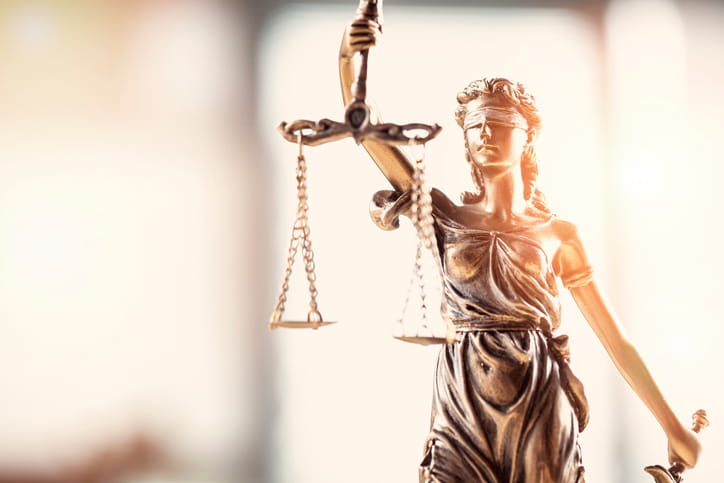
You don’t have to suffer in silence or navigate the road to healing alone if you have been the victim of an LGBTQ+ sexual assault.
The LGBTQ sexual assault lawyers at Bachus & Schanker are committed to your health and healing every step of the way. Our firm is dedicated to victim health and success, and one way we ensure this is through our victim advocates who are here for you. Our victim advocates work alongside our Elite Litigation Group so that you get the best representation and legal guidance available.
Our victim advocates will work to help you build a strong case by collecting and preserving evidence, speaking with witnesses, collecting surveillance footage, and other investigatory tactics that can hold your abuser accountable. Our team will be with you every step of the way.
Sources:
An Overview of 2010 Findings on Victimization by Sexual Orientation. (2010).
Compensatory Damages. (2022).
James, S., et al. (2016). 2015 U.S. Transgender Survey.
National Suicide Prevention Lifeline. (2023).
UCLA School of Law, Williams Institute. (2023).
Violence Prevention – Fast Facts. (2023).
Visit Our Office Locations Across Colorado & Beyond
Serving Clients Nationwide
Related Sexual Assault Resources
You Deserve Fair Compensation
Don’t let the insurance companies intimidate you into accepting less than you deserve. We’re ready to fight for you.
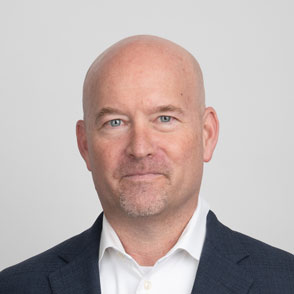
Written and Legally Reviewed By: Kyle Bachus
4.6 ★★★★★ 1,461 Google Reviews
Kyle is a member of the Colorado Bar associations and has served on the Board of Directors of the Colorado Trial Lawyers Association for more than twenty years in total. Over the years, Kyle has achieved justice for many clients. He has served on numerous committees and repeatedly won recognition from his peers at both the state and national level. He is proud of the role he has played in the passage of state and national legislation to protect consumers and is a frequent speaker and guest lecturer.


